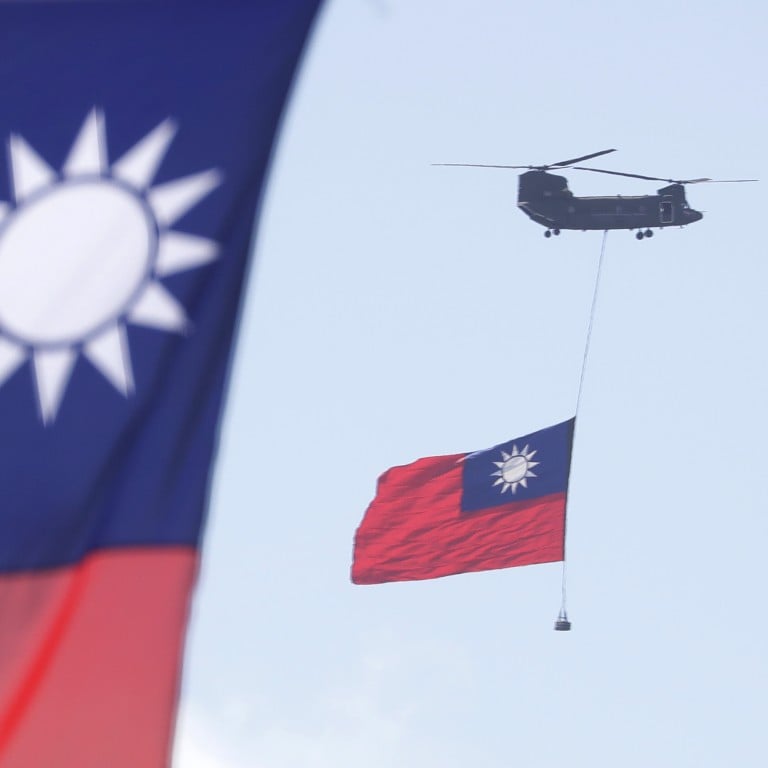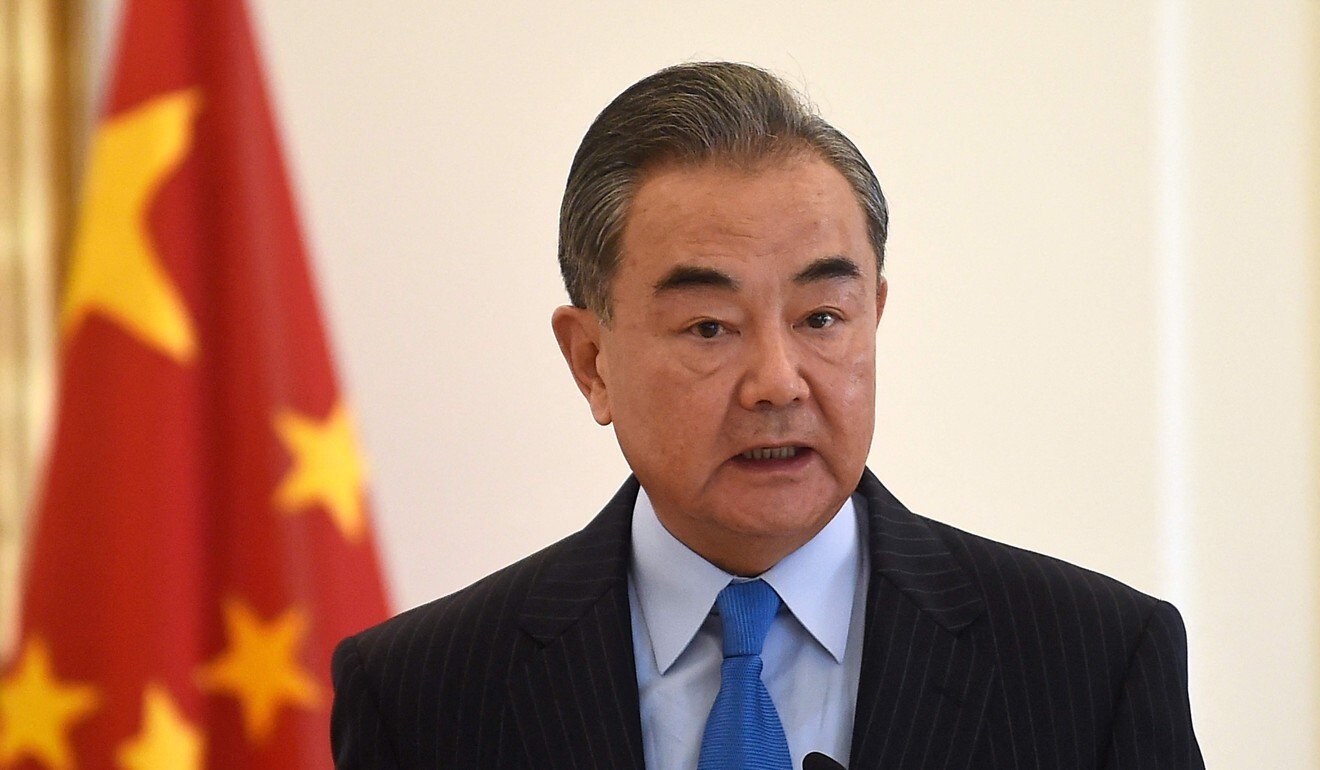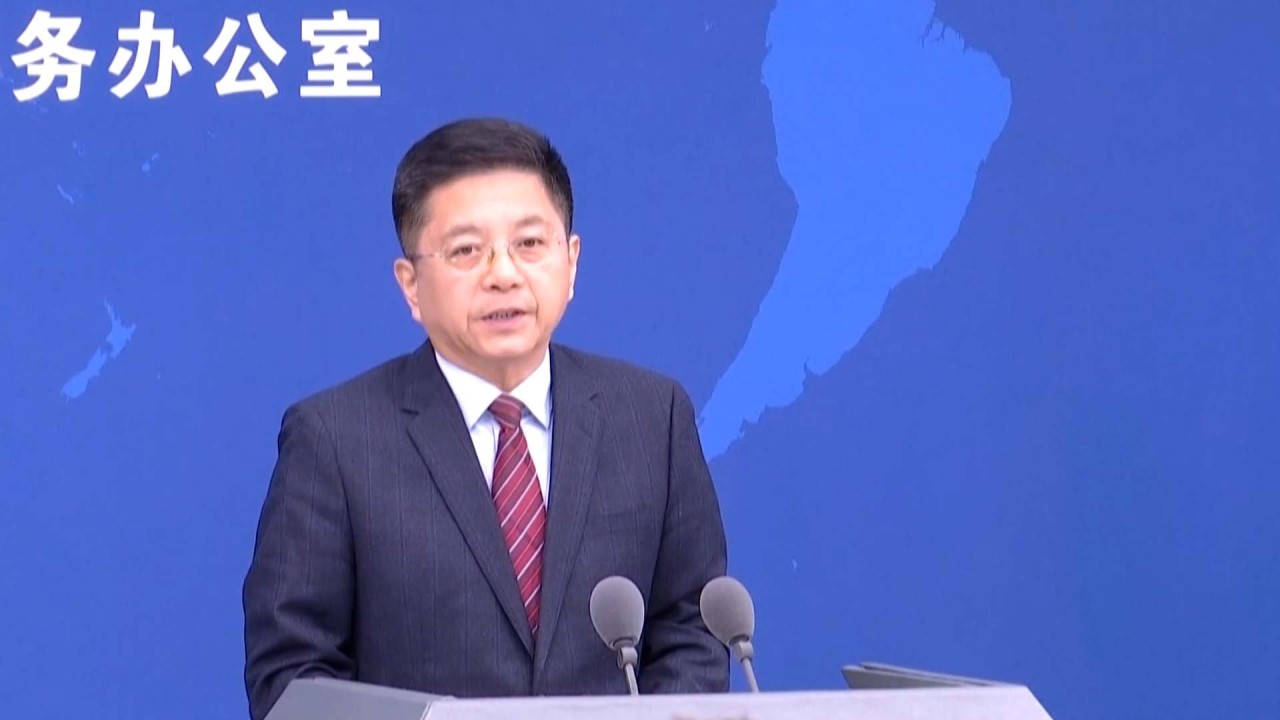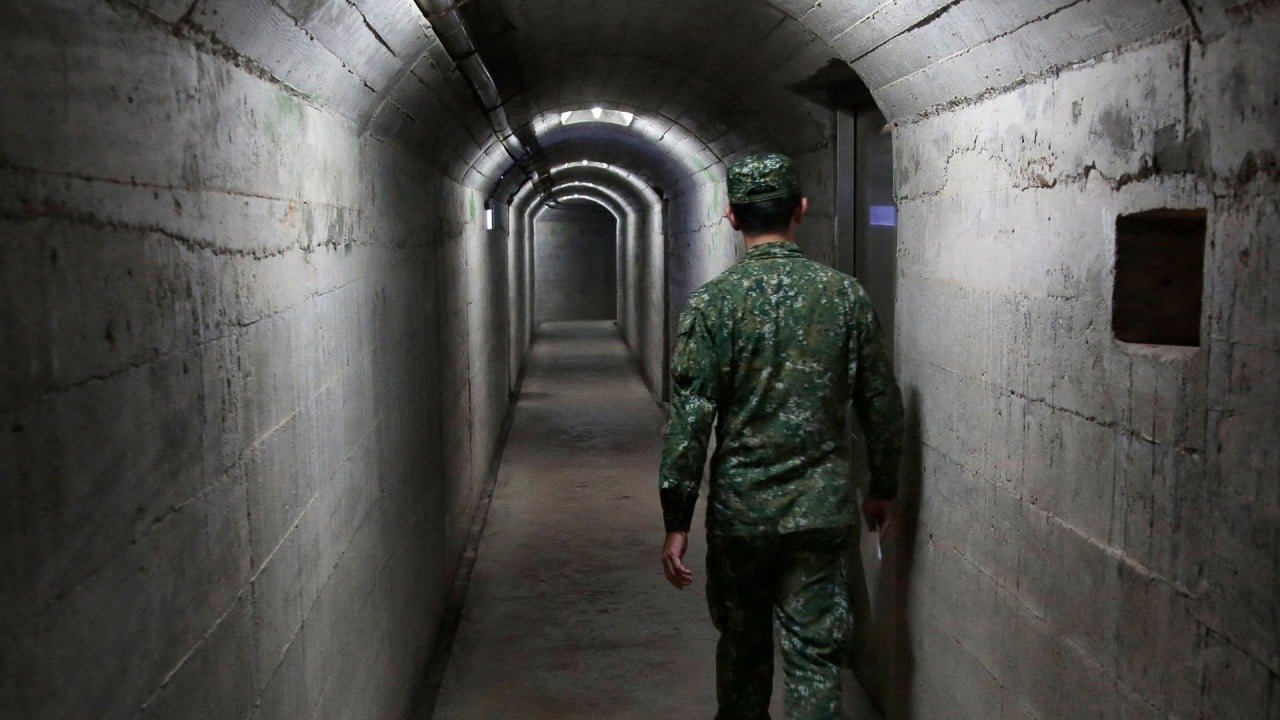
Beijing accuses US of ‘sabotaging’ Taiwan Strait peace and warns EU it is putting good relations at risk
- Foreign Minister Wang Yi responds to Washington’s call to give Taiwan greater UN role by saying it has no international status except as part of China
- Beijing also hits back at Brussels after EU leaders criticise its ‘unjustified’ attacks on Lithuania over its relations with Taipei
China-US tension escalates after Blinken calls for UN support of Taiwan
According to a statement published on the foreign ministry’s website on Saturday, Wang said resolution 2758, which approved the change, “has completely resolved China’s representation in the UN and international institutions politically, legally and procedurally”.
He said “the peaceful reunification of the motherland is unstoppable” and declared that “Taiwan has no future prospect other than reunification with the mainland.”
“[The US] failed 50 years ago to stop the one-China principle and they are even less likely to succeed today in the 21st century,” Wang continued, adding that the US and its allies will “definitely pay the price” for their attempts to “wilfully” play the Taiwan card against Beijing.
Tensions have risen in recent weeks, as Beijing ratcheted up military pressure on the island amid signs of warming ties between Taiwan under President Tsai Ing-wen and the US and other Western countries.
On Tuesday Blinken called on “all UN member states to join us in supporting Taiwan’s robust, meaningful participation throughout the UN system and in the international community”.
Beijing, which has never renounced the use of force to reunite Taiwan with the mainland, has consistently opposed Taipei’s participation in international institutions.

EU Commission President Ursula von der Leyen and Council President Charles Michel criticised China’s response to Lithuania as “unjustified” and “disproportionate” in an open letter to a group of pro-Taiwanese legislators.
Beijing has described the Baltic country as the “anti-China vanguard”, recalled its ambassador and suspended exports of Lithuanian agricultural products.
Von der Leyen and Michel said the establishment of the Taiwan representative office “does not breach the EU’s one-China policy” and vowed to side with Lithuania to “push back” against “threats, political pressure and coercive measures”.
In response, foreign ministry spokesman Wang Wenbin urged the Lithuanian government to stop official exchanges with Taiwan and “refrain from making irreversible wrong decisions” and warned of the possible implications for EU-China relations.
“The European side should take a correct position to prevent interference with the healthy development of China-EU relations,” he said.
China’s Wang Yi warns European nations not to develop ties with Taiwan
Taiwan’s defence minister also warned this month that military tensions with China were the worst in more than 40 years.
Sandra Oudkirk, the new director of the American Institute in Taiwan, the de facto US embassy, accused China on Friday of undermining stability in the Taiwan Strait and the Indo-Pacific region, while reaffirming Washington’s commitment to help the island defend itself and counter Beijing’s “malign” influence.

01:15
China insists Taiwan has no right to join United Nations
Meanwhile, Liu Junchuan, deputy chief of the State Council’s Taiwan Affairs Office, issued an olive branch to the people of Taiwan on Friday.
“After reunification, not only will Taiwan’s peace and tranquillity be fully guaranteed, but economic development will also be fully enhanced. People’s livelihoods and well-being will be fully improved,” he told a seminar on cross-strait relations.
Zhu Feng, an international affairs specialist at Nanjing University, said the recent wrangling over Taiwan came at “a particularly tricky time”.
Military preparations ‘may intensify’ after US troops confirmed on Taiwan
Zhu said Beijing has to defend the legitimacy of its Taiwan policies due to internal and external political considerations, and President Xi Jinping’s call for the country to show a “fighting spirit” against perceived foreign bullying meant it was unlikely that it would tone down its rhetoric.

00:00
War scarred bunkers on Quemoy reflect the islands’ frontline role in Taiwan Strait tension
While the risk of an armed conflict in the Taiwan Strait may not be high at the moment, Zhu warned against the “unprecedented” rhetorical overdrive.
“I don’t think either the US or China is ready for a showdown over Taiwan, but neither side appears willing to step back,” he said. “
My biggest concern is that the intense diplomatic stand-off, driven by domestic factors, may risk sliding into an unintended, unprepared and unwanted war over Taiwan.”

